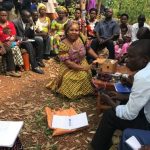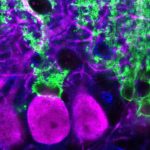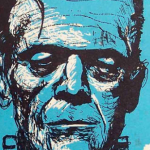
This year’s recipients, who are free to use the money as they please, include Cornelia Bargmann, who investigates neural circuits and animal behavior at Rockefeller University; Titia de Lange, also at Rockefeller, who works on telomeres; Robert Weinberg of the Massachusetts Institute of Technology, discoverer of the first human oncogene; and Hans Clevers of the Hubrecht Institute in the Netherlands, who studies how stem cells can cause cancer. Speaking to The Guardian, Clevers said he plans to spend some of the money to bring 150 collaborators over to Amsterdam for a symposium and a party.
In future, the foundation plans to give five prizes every year. Unlike the Nobels, there is no limit on the number of people who can share a prize, and there will be no elaborate ceremony. All winners will join the selection committee to vote on future winners.
“Their idea seems to be to grab society’s attention, to send a message that science is exciting, important, cool, our future,” Eric Lander of the Broad Institute at Harvard, rewarded with a Breakthrough Prize for his work on the Human Genome Project, told the New York Times.











RSS